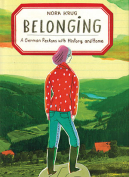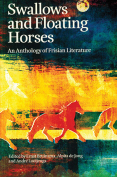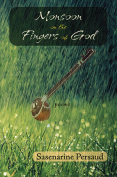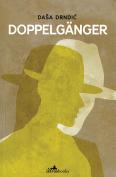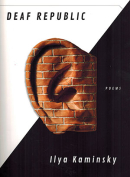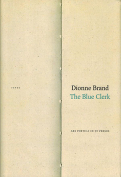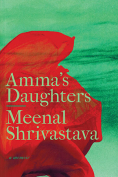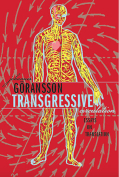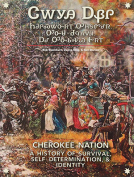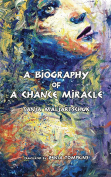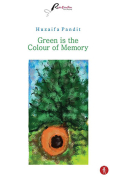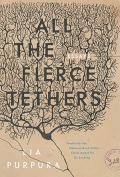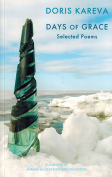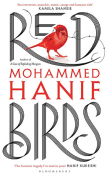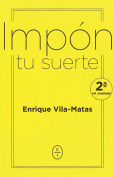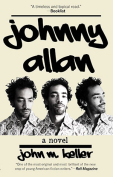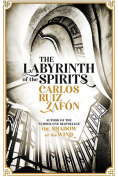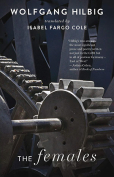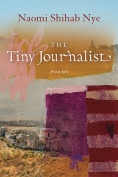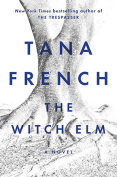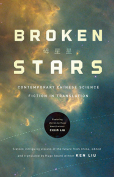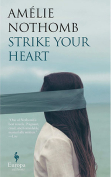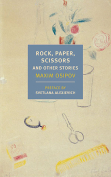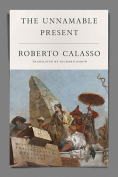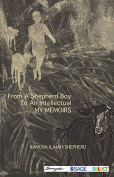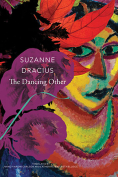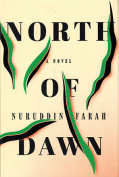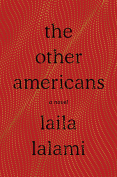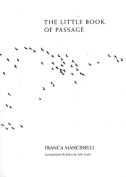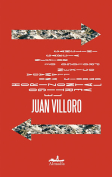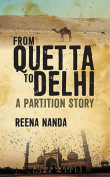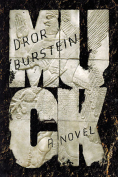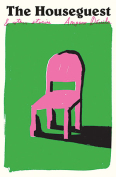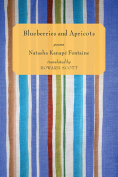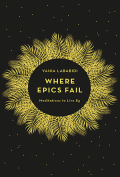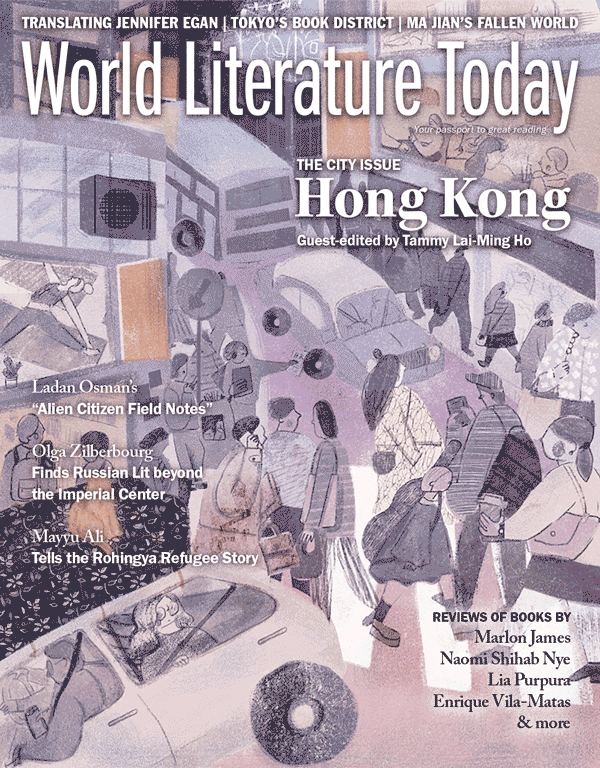The Blue Clerk by Dionne Brand
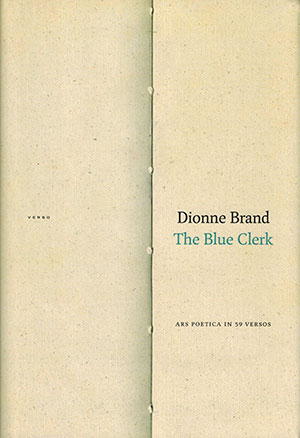 Durham, North Carolina. Duke University Press. 2018. 242 pages.
Durham, North Carolina. Duke University Press. 2018. 242 pages.
Consisting of a series of prose poems, The Blue Clerk attests to Dionne Brand’s keen social, aesthetic, and linguistic sensibility. The organizing principle of this enigmatic and thought-provoking book is the strained relationship between two personae. The first persona is the clerk, who has custody over innumerable bales containing a seemingly endless number of “left-hand pages.” These pages comprise what the second persona, referred to as the author, has left unwritten, unfinished, or incomplete. The clerk, busy “curtailing and marshalling” the bales of left-hand pages, “keeps account of cubic metres of senses, perceptions, and resistant facts” that have been withheld by the author, who says of herself that she does “nothing really because what I do is clean. I forget the bales of paper [and] choose the presentable things, the beautiful things.”
The clerk and the author produce a wide-ranging commentary about language, culture, and history, at the heart of which is an implicit claim: language, writing, the said and unsaid, while not substitutes for experience, are necessary for experience to have any meaning. But even here, meaning is perhaps beyond our grasp. Of the sensations and perceptions simultaneously expressed and suppressed within the left-hand pages, the clerk observes: “No one need be aware of these; no one is likely to understand.”
Suggesting the inseparability of the written and unwritten, Brand makes the misanthropic clerk the necessary counterpart to the “maudlin and self-pitying” author. Asking the author to write with greater specificity, the clerk appears “overladen and invisible behind a four-foot stack of leaves. These leaves are heavier than they look. A word is not an easy thing, it is not a light thing.” The clerk is “a watching consciousness, her instincts are to survive, to order” the left-hand pages. In bringing discipline to the author’s writing, the clerk frequently counters the author’s understanding of herself. “I would like to be plain, the author says. But, the clerk rejoins . . . to be plain requires so much work, you have to sandpaper all the viscera, and every branchial cleft.” And it is precisely the viscera, the internal workings of the poetic consciousness, that lend this book its tantalizing and sometimes inscrutable quality. Often at unexpected moments, perceptions cascade: “Quick radicles of green. And more, green life and green balance. Terra verde. Alizarin green. CuCo3(OH). Verdigris. That much green.” Or, elsewhere, “Violet rails, violet cancels, violet management, violet maintenance, alizarin violet, the violet bale began.”
Such density of detail, more pulsating synapse than orderly syntax, erupts throughout this book. Throughout the prose poems, Brand composes passages awash in languages, violence, philosophical insight, and lingering attention to natural phenomena. “Yesterday I heard, at the Nosso Talo Butcher Shop, a transaction . . .and it was in two dialects of Spanish and two dialects of English and someone was listening in Urdu. Or was it Punjabi? Chali pon kulu dyain lata, bauth meangi hai(n) . . . Molto economiche (Italian). Muito baratos (Brazilian Portuguese).” Or: “a ladybug is required. Hippodammia convergens. Or green lacewing larvae. Chrysopa rufilabris. One ladybug can, apparently, eat 5,000 aphids over its lifetime.” But even when the author writes about watching the beginning of the American war in Iraq on television—“there is in our lives a televisual remove that one is afforded as a consumer of everything, a spectator of everything. The great spectator of the world. Nothing happens here”—the clerk intervenes. “The [author] admits culpability. This is not enough for the clerk [who] knows that admitting guilt is a cop-out.”
At times brilliant and also opaque, The Blue Clerk is a major achievement that challenges us to reflect on writing as an unsettled and unsettling form of engagement with experience and meaning. When the clerk refers to a sense of “emergency” the author felt as a child, the author remarks, “I wasn’t writing then . . . But I was collecting, says the clerk.” As the clerk describes sensations from the author’s life before she was a writer—“I have here the sense of orange, the sense of distances, then a sound of a window falling shut”—the author, perhaps like the reader sometimes overwhelmed by the weight of words, says, simply, “Stop.” This is good advice for readers of The Blue Clerk, who will be rewarded if they occasionally pause, take time to reflect, and reread this rich and enriching book.
Jim Hannan
Le Moyne College
